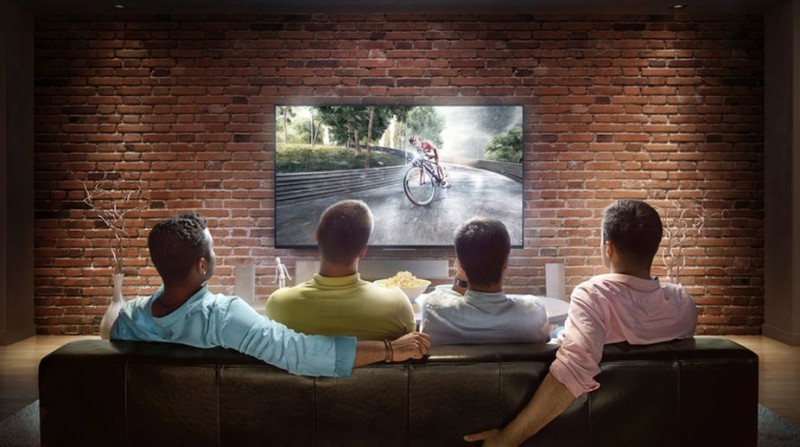When it comes to enjoying your favorite TV shows and movies, the lighting in your room plays a crucial role in enhancing your viewing experience. But should the room light be on or off while watching TV? In this article, we'll explore the pros and cons of both options to help you find the right balance between comfort and eye health.
The Impact of Room Lighting on TV Viewing
The Case for Keeping the Room Light On
While it's common to dim the lights or turn them off completely when watching TV, there are valid reasons to consider keeping some ambient light in the room:
1. Reduced Eye Strain
- When you keep a soft, low-intensity light on in the room, it can help reduce eye strain. The contrast between the bright screen and complete darkness can be jarring for your eyes.
2. Preventing Eye Fatigue
- Watching TV in total darkness can cause your eyes to work harder, leading to eye fatigue. A gentle room light can alleviate this issue.
3. Enhancing Safety
- Having some ambient light can prevent accidents and tripping when you need to move around the room during a show or movie.
The Case for Turning Off the Room Light
On the flip side, there are compelling arguments in favor of turning off the room light while watching TV:
1. Improved Contrast and Picture Quality
- Turning off the room light can enhance the contrast and overall picture quality of your TV. Darker surroundings make colors appear more vibrant.
2. Immersive Experience
- Total darkness can create a more immersive viewing experience, especially for movies with stunning visuals and special effects.
3. Reduced Glare
- Ambient light can cause glare on the TV screen, making it harder to see details. Turning off the lights eliminates this issue.
Finding the Right Balance
1. Use Dimmable Lights
- Opt for dimmable lights that allow you to adjust the intensity based on your preferences. This way, you can strike the perfect balance between light and darkness.
2. Bias Lighting
- Consider adding bias lighting, which involves placing soft, indirect LED lights behind your TV. This reduces eye strain without compromising picture quality.
3. Adjustable Lighting for Different Content
- Adjust the room lighting based on the content you're watching. For daytime TV or casual viewing, a bit of light may be preferable, while movie nights might call for total darkness.
Harmful Effects of Watching TV in the Dark
1. Increased Eye Strain
- Watching TV in complete darkness can lead to increased eye strain, especially during extended viewing sessions.
2. Disrupted Sleep Patterns
- The blue light emitted by screens can disrupt your sleep patterns if you watch TV in the dark right before bedtime. It's advisable to use a blue light filter in such cases.
3. Safety Concerns
- Total darkness can pose safety concerns, especially if you need to navigate the room during a program. Ensure you have some minimal lighting for safety.
In conclusion, the choice of whether to keep the room light on or off while watching TV depends on your personal preferences and the specific circumstances. It's essential to strike a balance that minimizes eye strain, enhances picture quality, and ensures your safety. Experiment with different lighting options and find what works best for you. So, should the room light be off or on while watching TV? The answer lies in finding the right balance between comfort and enjoyment of your favorite shows and movies.
This breakfast habit can make you a heart patient
Is the milk coming to your house real or fake? You can find out in these ways
Eating These Foods Daily Can Help Maintain Healthy Cholesterol Levels
